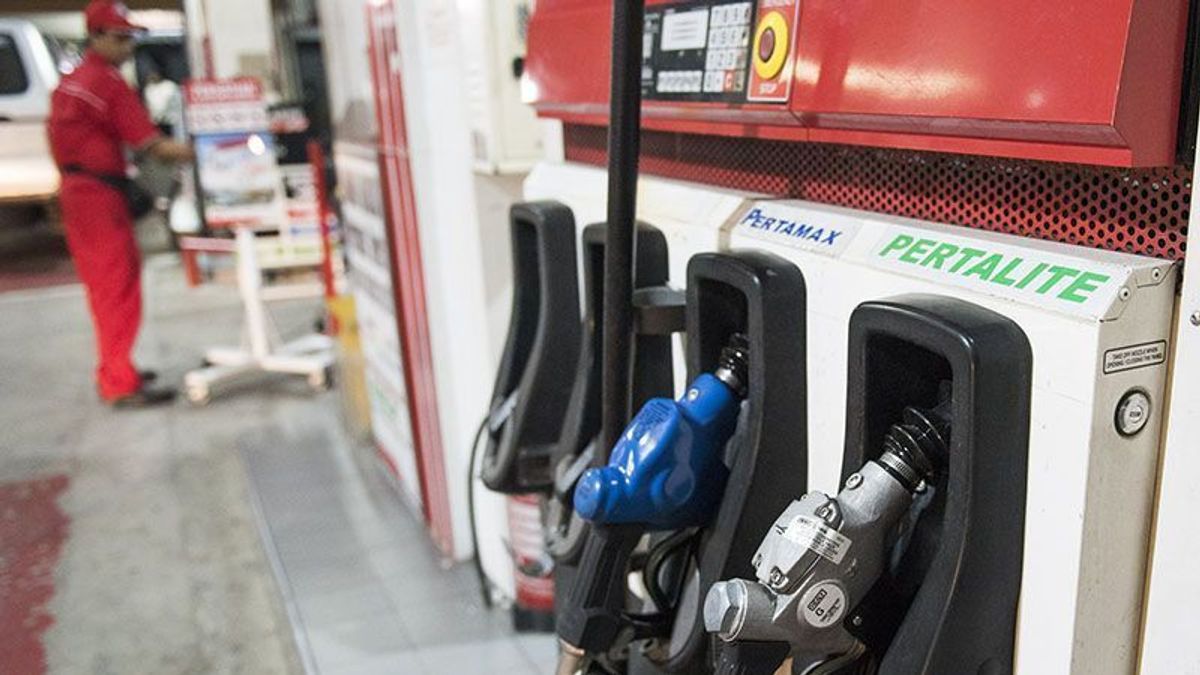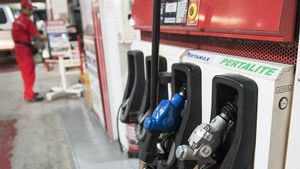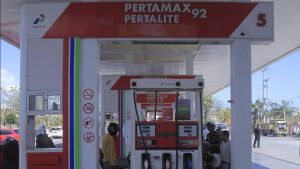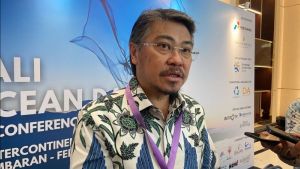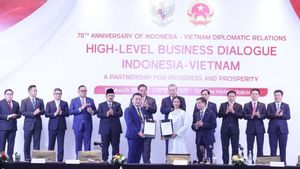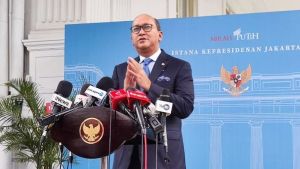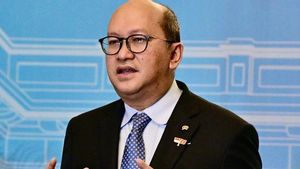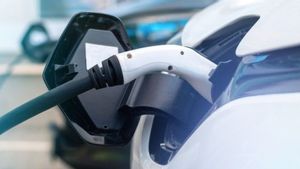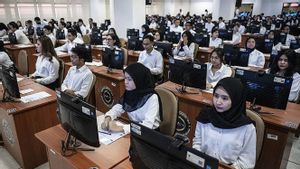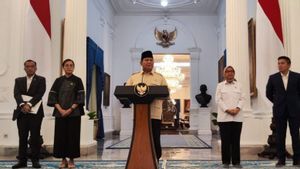JAKARTA - The Coordinating Ministry for Maritime Affairs and Investment (Kemenko Marves) plans to improve the quality of fuel oil (BBM). This is to overcome air pollution.
Deputy for Infrastructure and Transportation Coordination of the Coordinating Ministry for Maritime Affairs, Rachmat Kaimuddin, said that currently the government does not plan to increase the price of subsidized fuel, but will increase the quality of fuel and keep groups that really need it so that fuel subsidies are more targeted.
"State money must really be enjoyed by those in need," said Rachmat quoting Antara.
Saat media workshop bertajuk Tekan Emisi, Memperbaiki Kualitas Udara: Kebijakan Baru Subsidi BBM di yang diselenggarakan oleh Katadata Green dan Kemenko Maritim dan Investasi, dia juga menjelaskan jika kualitas BBM di Indonesia masih jauh lauh dibandingkan negara lain di dunia. Bahkan, di kawasan Asia Tenggara, Indonesia masih lagginggal oleh Vietnam dan Thailand.
Rachmat revealed that until now there are only three types of fuel that meet the standard low fuel sulfur with a maximum sulfur content of 50 ppm (parts per million) or EURO 4 in Indonesia, namely diesel (B35) CN 51, RON 95 gasoline, and RON 98 gasoline.
Meanwhile, other fuels, such as RON 90 gasoline, RON 91 gasoline, and CN 48 diesel still have a maximum limit of sulfur content above 50 ppm, but are targeted to reach 50 ppm in stages.
"The Coordinating Ministry for Maritime Affairs and Fisheries sees that environmental issues and the provision of environmentally friendly fuels are urgent issues that must be resolved immediately," said Rachmat.
Currently, subsidized fuel still has a sulfur content of 500 ppm. In fact, the Regulation of the Minister of Environment and Forestry Number 20/Setjen/Kum.1/3/2017 requires motorized vehicles to use gasoline fuel to meet EURO 4 exhaust emission standards or to have a maximum sulfur content of 50 ppm.
SEE ALSO:
Rachmat also explained the Vital Strategic study from the Bandung Institute of Technology (ITB) in 2019 which showed that motor vehicle exhaust emissions were the largest contributors to air pollution in the rainy and hot seasons, 32-41 percent and 42-57 percent, respectively.
"Emissions of vehicles are consistently the main source of air pollution," he said.
Senior Institute of Essential Services Reform (IESR) researcher Julius Christian Adiatma explained that the transportation sector contributed to the largest urban air pollution, which was 47 percent. According to him, improving fuel quality is an effective way to reduce air pollution and also reduce the disease of acute respiratory infection (ARI) caused by it.
"The quality (BBM) now without any quality improvement, by 2030 air pollution per component will increase by more than 50-60 percent," said Julius.
However, he added, if the quality of fuel is increased to accordance with EURO 4 standards, air pollution per component will decrease by more than 70-90 percent.
The English, Chinese, Japanese, Arabic, and French versions are automatically generated by the AI. So there may still be inaccuracies in translating, please always see Indonesian as our main language. (system supported by DigitalSiber.id)
